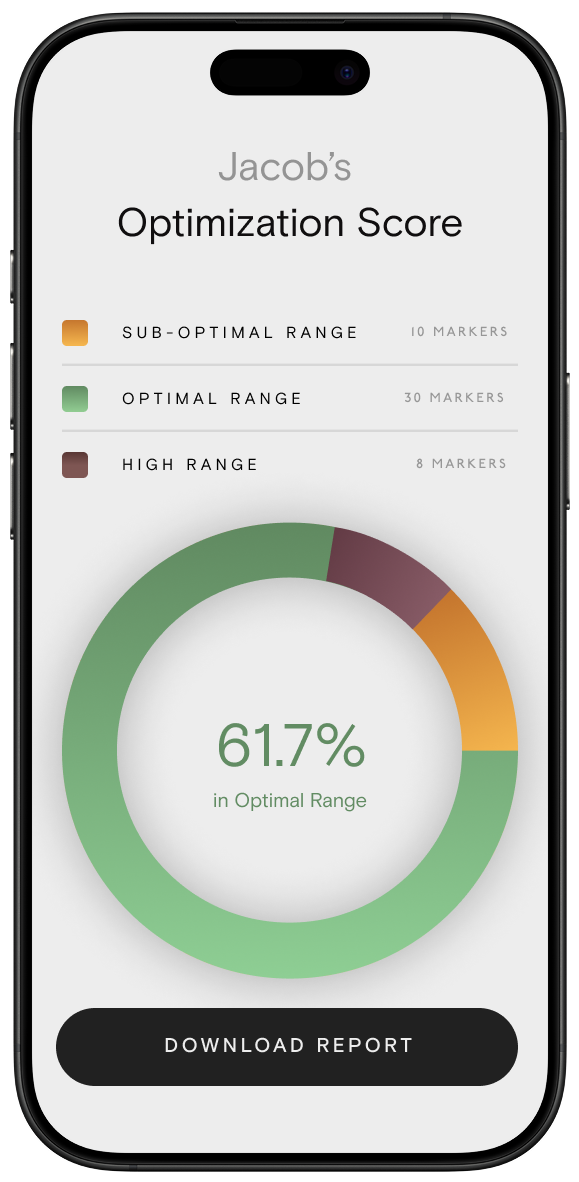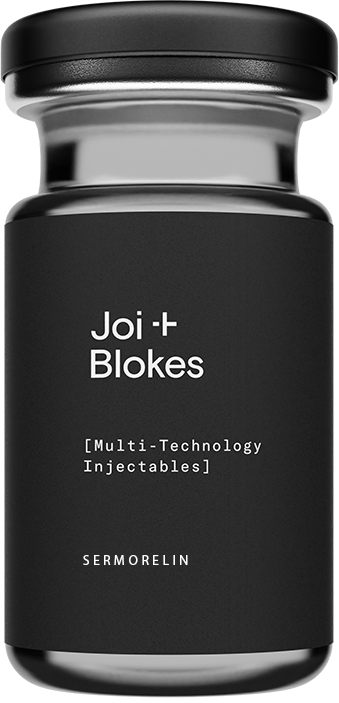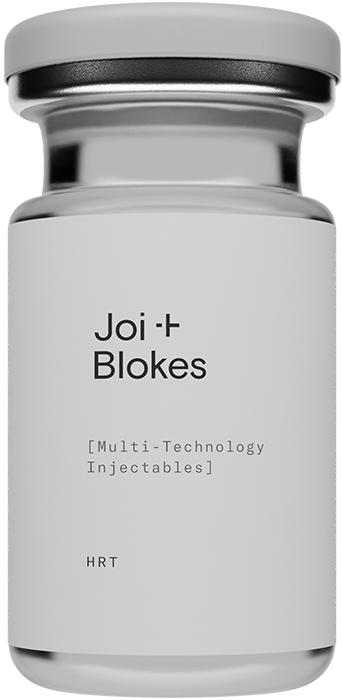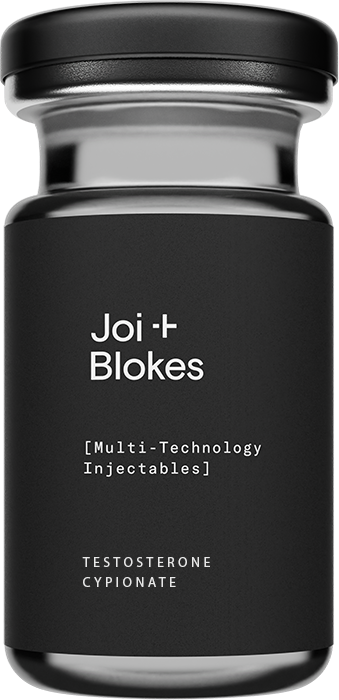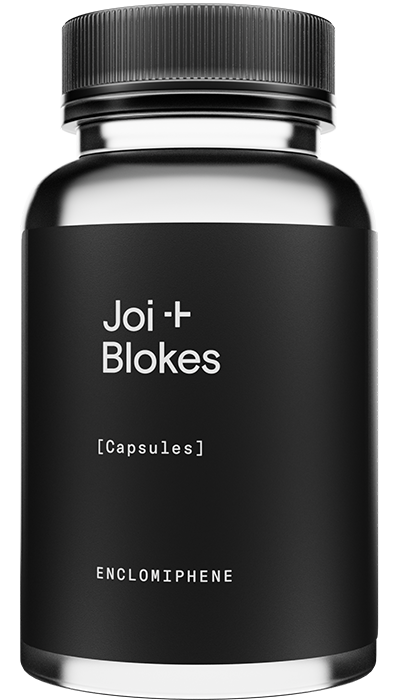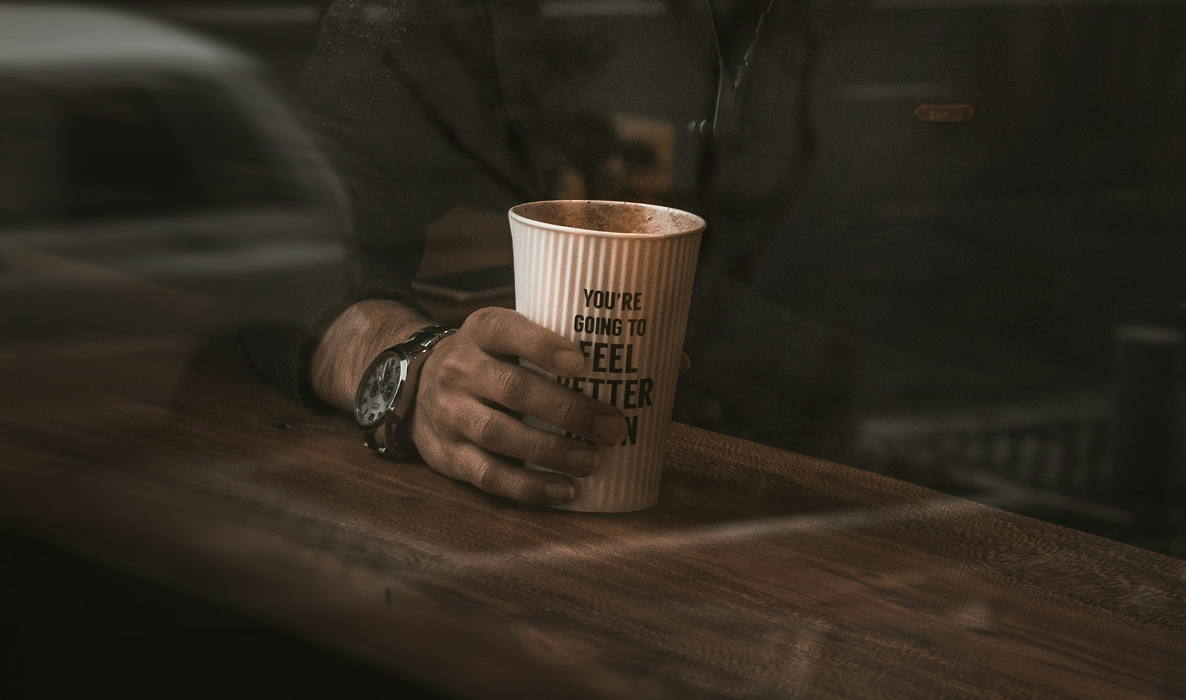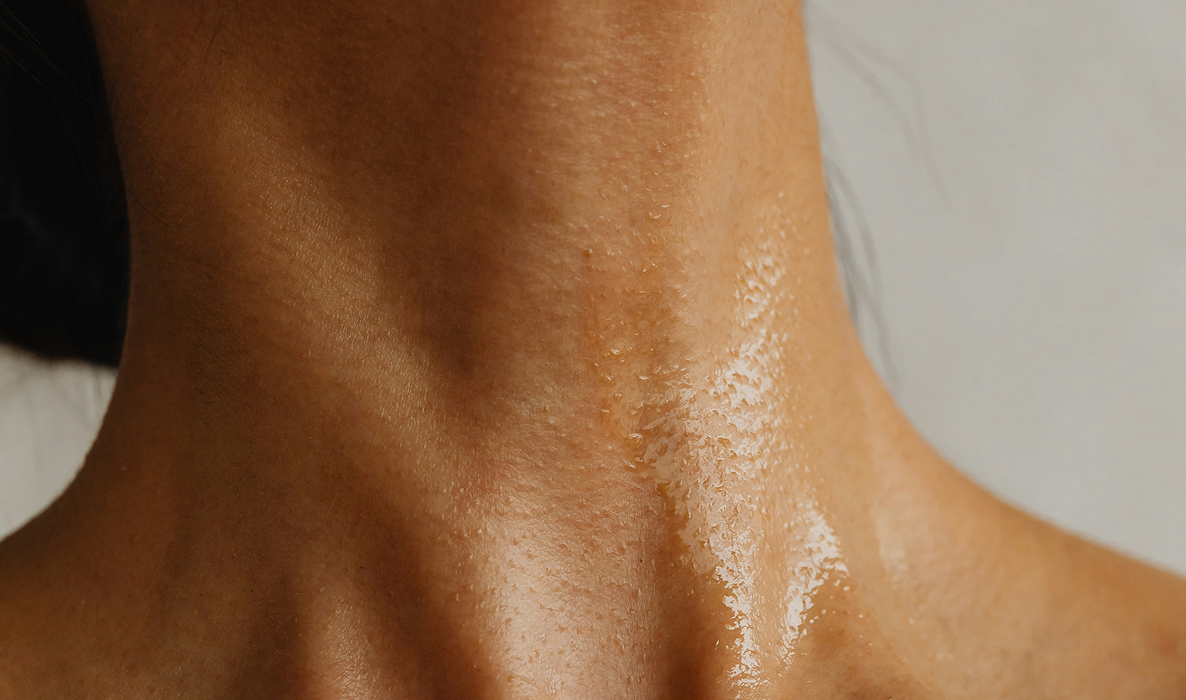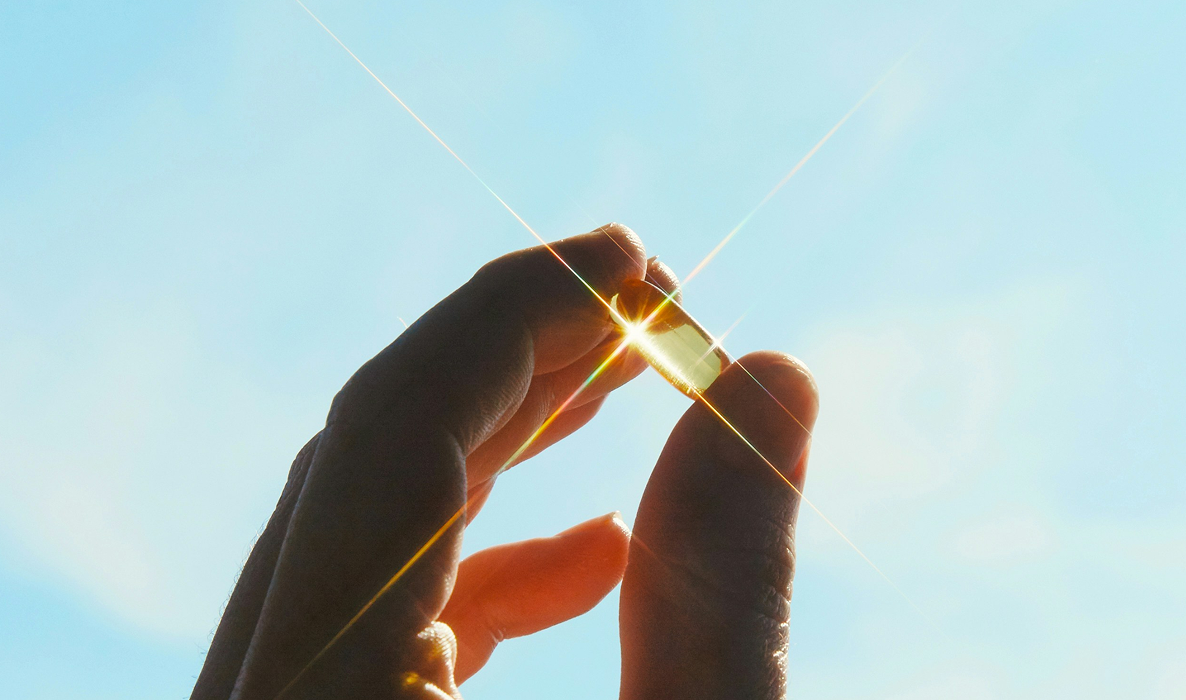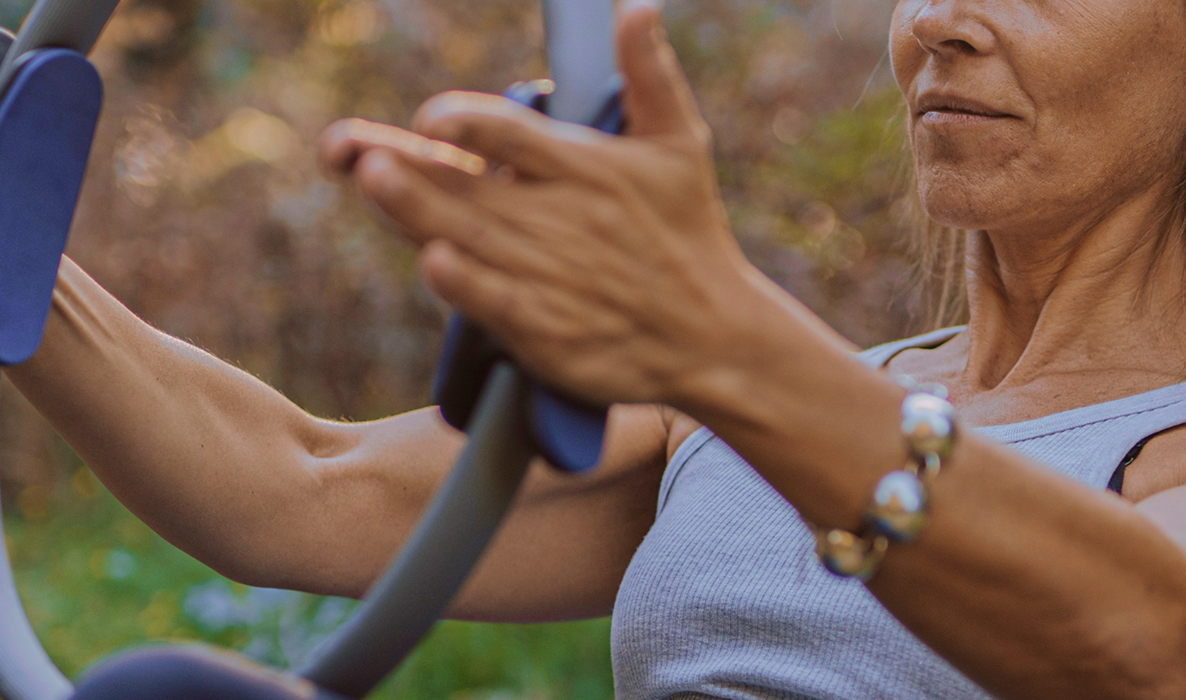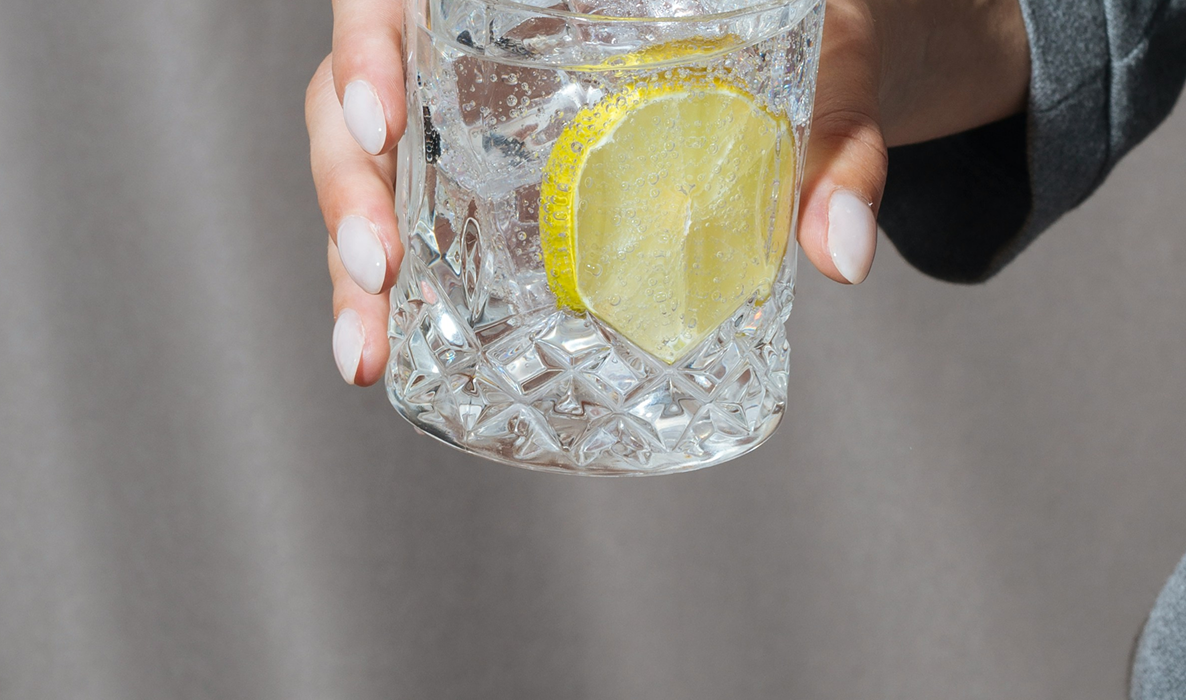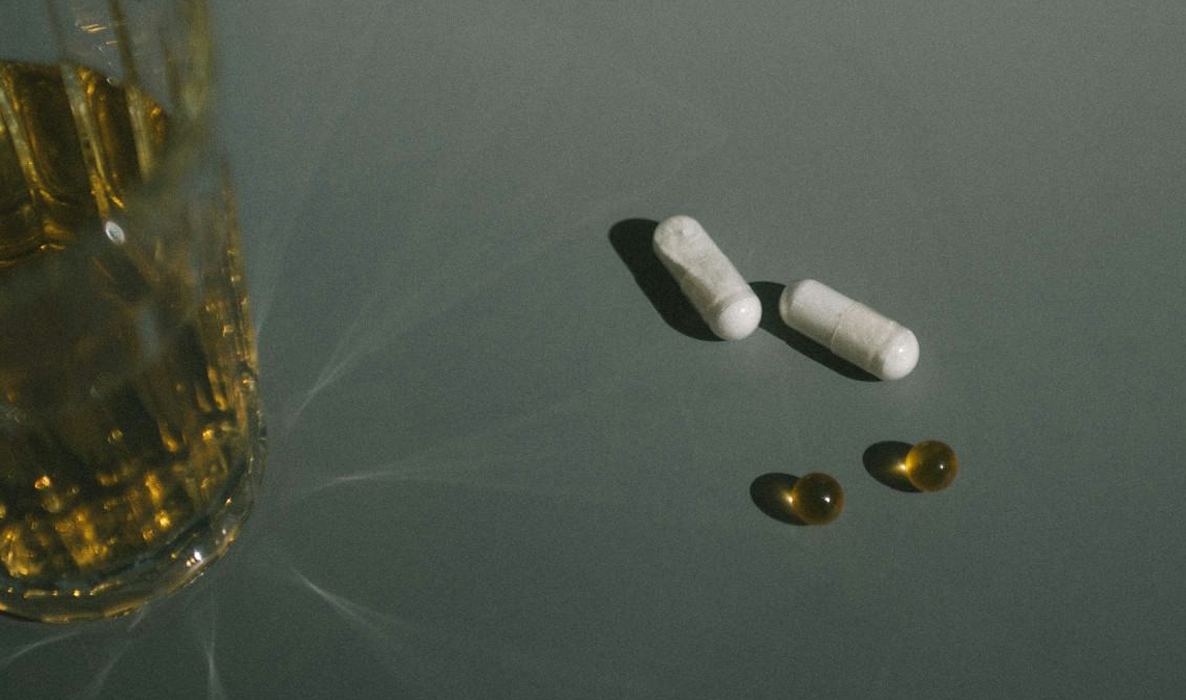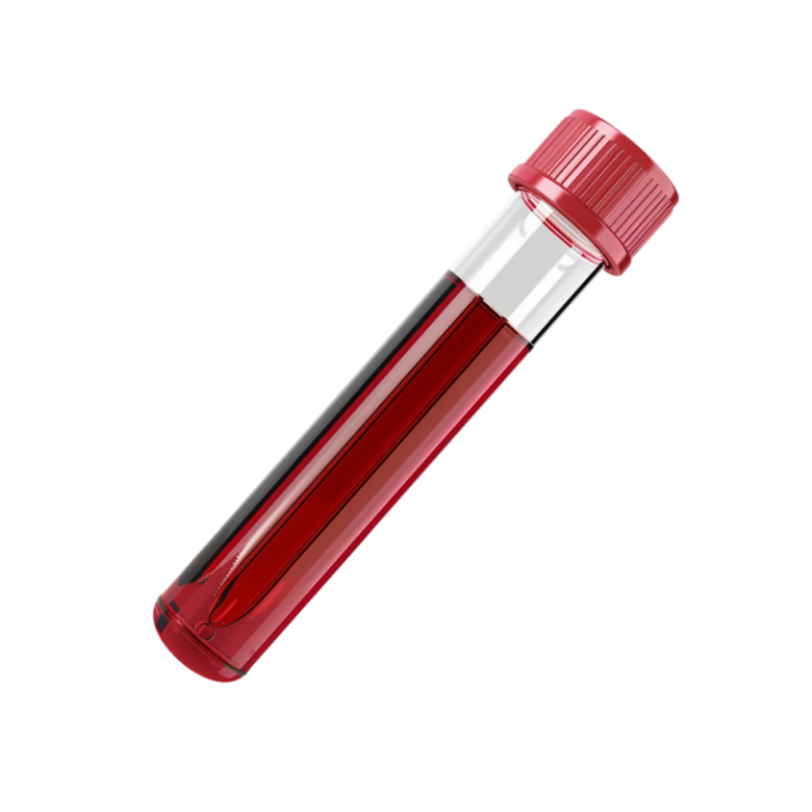The holidays bring warmth, celebration and connection, but they can also bring stress, disrupted sleep and diet changes that leave your hormones unbalanced. Between late-night gatherings, travel and social expectations, it’s easy to feel drained instead of joyful. Sleep plays a vital role in maintaining hormonal balance, and the testosterone and sleep relationship is one of the most important examples. The good news is that, with a little awareness and care, you can keep your body in sync.
The Link Between Testosterone and Sleep
Sleep plays a central role in regulating every hormone in your body. The testosterone and sleep relationship is particularly connected. When you consistently miss out on high-quality rest, your body produces less testosterone, which can leave you feeling less focused and even depressed. Over time, poor sleep increases the risk of body fat gain, muscle mass reduction and poor concentration.
It’s also crucial to look at how sleep impacts cortisol levels. This hormone naturally peaks in the morning to help you wake up, then declines throughout the day. However, when sleep is shortened or fragmented, cortisol levels can stay elevated into the night, which can make falling asleep even harder. Elevated cortisol affects testosterone production, impacting menstruation and fertility. This means one poor night of sleep can ripple into several days of hormonal imbalance.
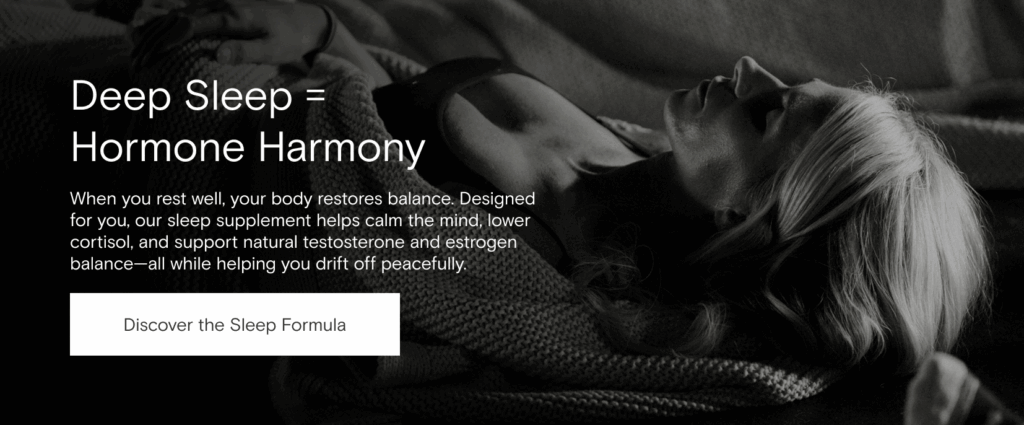
How Does Cortisol Influence Testosterone?
Understanding how cortisol influences testosterone helps explain why stress feels so draining. When it remains high for long periods, your brain redirects resources away from producing sex hormones like testosterone and estrogen.
High cortisol also blunts the effects of testosterone by reducing receptor sensitivity. This means that even if testosterone levels appear normal on paper, the body may not use it efficiently. Simple daily habits like getting outside or practicing breathing exercises can lower cortisol naturally. Lower levels of it give testosterone the chance to do its job effectively.
Additions like hormone balance supplements can further enhance stress resilience and support immune function. This gives your body the extra support it needs to manage the physical and emotional demands of the season.
What Lifestyle Factors Lower Testosterone?
When it comes to hormone health, daily habits make a huge difference. Understanding what lifestyle factors lower testosterone levels can help you make small, smart changes that keep you in better balance all season long:
- Chronic stress: Constant stress keeps cortisol levels balanced, which can lower testosterone production over time and leave you feeling fatigued or emotionally flat.
- Poor sleep: Even a few nights off disrupted rest can cause a measurable drop in testosterone and raise cortisol levels, throwing your system off balance.
- Too much alcohol and caffeine: Alcohol and caffeine can heighten your anxiety, which leads to higher cortisol and lower testosterone levels.
- Processed foods and sugar: Experts recommend avoiding diets high in refined sugar and processed foods to reduce cortisol.
- Lack of exercise: Regular physical activity naturally increases your cortisol and allows it to decrease after.
- Social isolation: A solid social network can make you more resilient to stress and lower cortisol levels. Spending time with animals can do the same.
For those experiencing more persistent symptoms of hormonal imbalance, bioidentical hormone replacement therapy may also be an option. It can help boost mood and libido while supporting mental clarity and emotional well-being when natural balance is harder to achieve on its own.
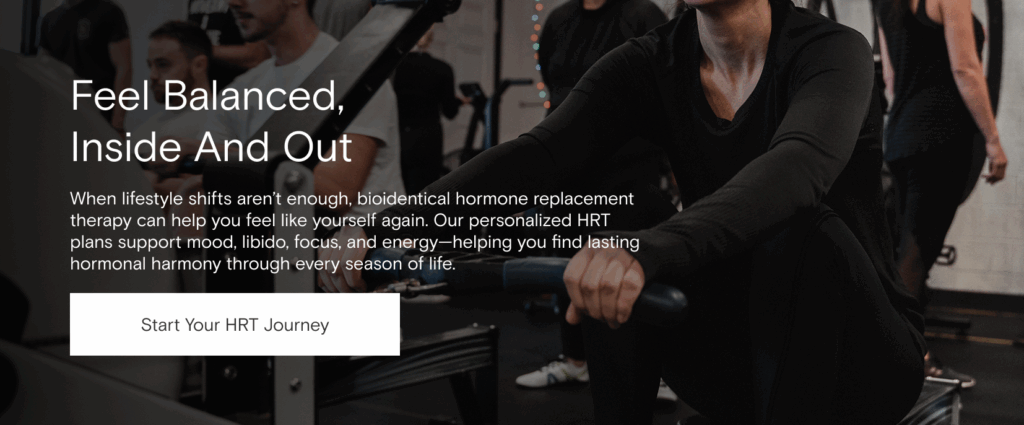
The Role of Nutrition in Hormone Balance
Nutrition is one of the easiest ways to support hormonal health. A balanced diet helps maintain steady blood sugar levels and provides the essential nutrients needed for hormone production. Foods rich in magnesium like spinach and bananas and omega-3 sources like fish and chia seeds support the regulation of cortisol.
Refined sugar and alcohol can make cortisol spike and testosterone drop. During the holidays, it’s fine to enjoy treats — just try to pair sweets and drinks with some protein or healthy fats to slow down how quickly sugar hits your bloodstream. A handful of nuts before dessert or a balanced breakfast after a night out can make a big difference in how you feel.
If you’re unsure what your body needs most, smart supplements can help by tailoring recommendations to you. Online quizzes can assess your lifestyle, energy levels and diet, helping you find a personalized mix of vitamins and nutrients to support hormone health more precisely.
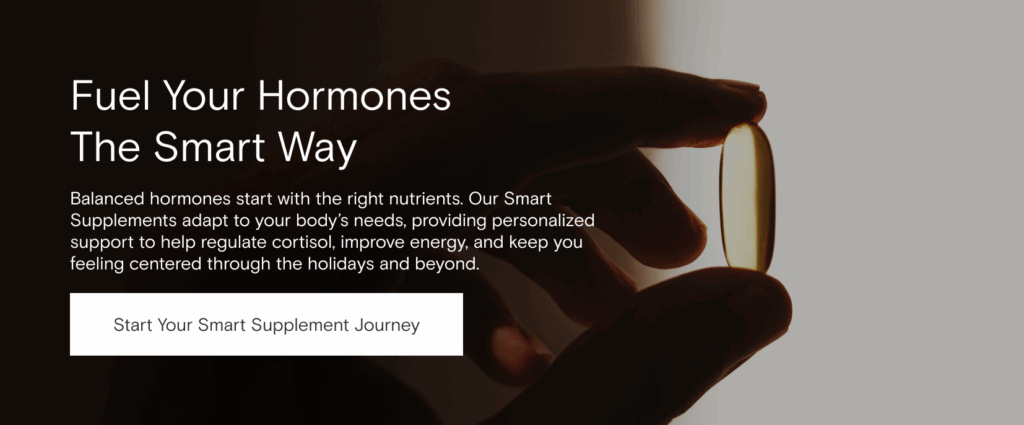
Connection: The Missing Piece of Hormone Health
You may think of hormones as purely biological, but they’re deeply connected to how you feel emotionally. Regular social connection lowers stress hormones and supports healthier sleep patterns. Oxytocin — often called the “love hormone” — helps form bonds and calm the nervous system, making it easier for cortisol to drop and testosterone to stabilize.
During the holidays, it’s easy to get caught up in the chaos and forget that human connection is one of the most powerful regulators of stress. Prioritizing meaningful time with loved ones — whether it’s a cozy dinner, a walk outside or a quiet night in — can do more for your hormone balance than you might think.
Finding Your Holiday Balance
The holidays will always come with a little chaos, but they don’t have to leave you feeling burnt out. By paying attention to how you sleep, what you eat and who you spend time with, you can keep your hormones balanced and your energy high.

